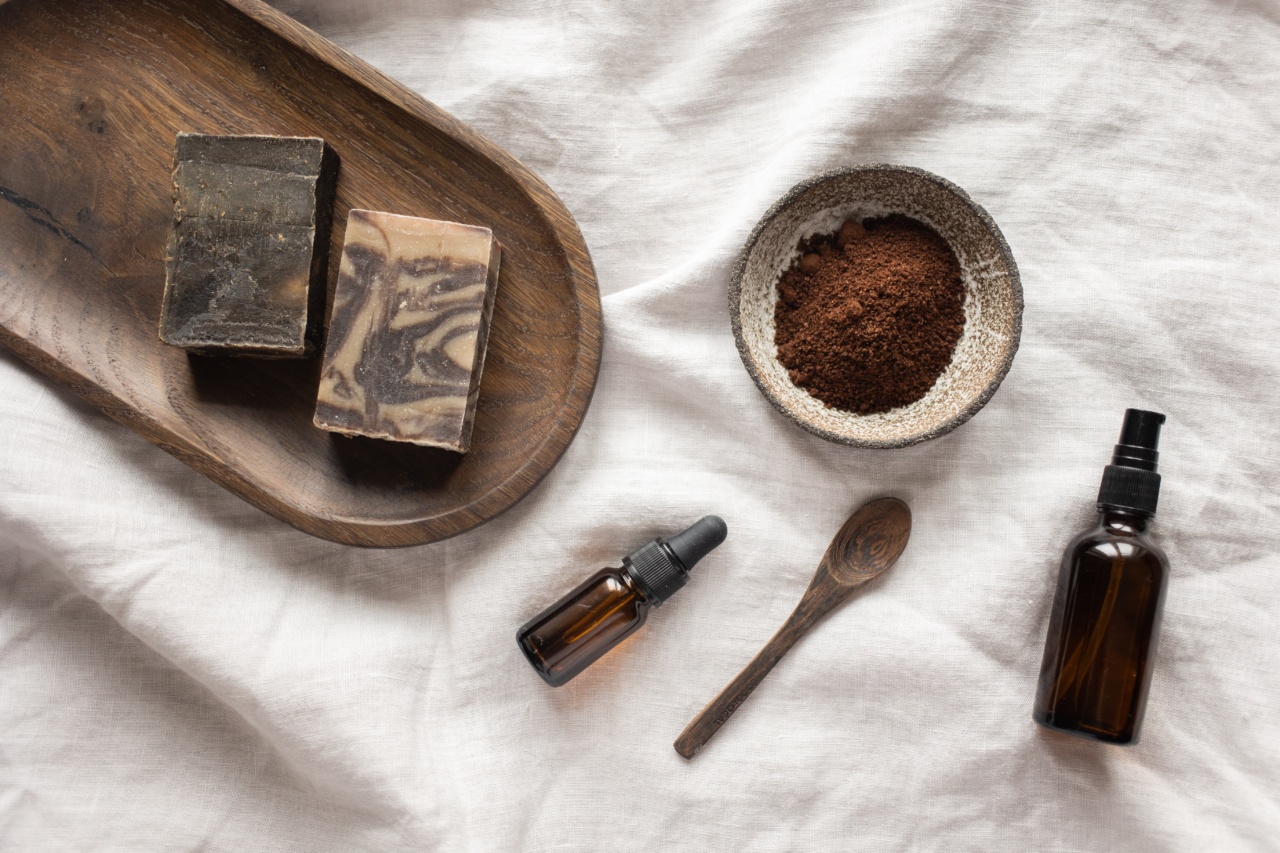Fluid retention, also known as edema, is a common condition characterized by an excessive accumulation of fluid in the body’s tissues. It typically results in swelling, most commonly in the feet, ankles, legs, and hands.
While fluid retention can be caused by various underlying health conditions, such as kidney disease or heart failure, it can also occur as a result of lifestyle factors such as excessive salt intake or prolonged sitting or standing.
If you’re looking for natural and effective ways to manage fluid retention, you’re in the right place. In this article, we will explore several remedies and lifestyle changes that can help you reduce swelling and promote overall health.
1. Stay Hydrated
It may seem counterintuitive, but staying properly hydrated can actually help reduce fluid retention. When your body is dehydrated, it tends to hold onto water as a defense mechanism.
By drinking an adequate amount of water throughout the day, you can signal to your body that it is receiving sufficient hydration, minimizing the urge to retain water.
2. Follow a Low-Sodium Diet
Salt is one of the primary culprits behind fluid retention. Excessive sodium intake can disrupt the balance of fluids in your body, leading to water retention. Reduce your consumption of processed foods, fast food, and salty snacks.
Instead, opt for fresh fruits, vegetables, and whole grains, which are naturally low in sodium.
3. Increase Potassium Intake
Potassium helps counteract the negative effects of sodium on fluid balance. Consuming potassium-rich foods can help excrete excess sodium through urine, thereby reducing fluid retention.
Some potassium-rich foods include bananas, avocados, spinach, and sweet potatoes.
4. Incorporate Natural Diuretics
Natural diuretics can help increase urine production and reduce water retention. Certain herbs and foods possess diuretic properties, such as dandelion, parsley, cucumber, and watermelon.
Including these diuretic foods in your diet can aid in flushing out excess fluids from your body.
5. Limit Alcohol Consumption
Alcohol can disrupt the body’s fluid balance and contribute to fluid retention. It acts as a diuretic, causing increased urination and potentially leading to dehydration.
Restricting alcohol consumption may help prevent water retention and promote overall health.
6. Exercise Regularly
Engaging in regular physical activity can help improve blood circulation and lymphatic flow, reducing the likelihood of fluid accumulation. Exercise encourages sweating, which aids in eliminating excess fluids from the body.
Aim for at least 30 minutes of moderate-intensity exercise most days of the week.
7. Elevate Legs and Feet
If you frequently experience swelling in your lower extremities, try elevating your legs and feet whenever possible.
Keeping your legs elevated above heart level helps promote the return of blood and fluids towards the upper body, reducing swelling and discomfort.
8. Practice Compression Therapy
Compression stockings or socks can provide gentle pressure to the legs, promoting better circulation and preventing fluid buildup.
These specialized garments can be particularly helpful for individuals who spend long periods sitting or standing, as they help counteract the effects of gravity.
9. Maintain a Healthy Weight
Being overweight can strain your circulatory system, leading to fluid retention. By maintaining a healthy weight through a balanced diet and regular exercise, you can reduce the risk of fluid accumulation and promote overall well-being.
10. Manage Stress Levels
Excessive stress can contribute to fluid retention through various mechanisms, including the release of certain hormones.
Practice stress management techniques, such as deep breathing exercises, meditation, or engaging in hobbies, to keep stress levels in check and promote a healthy mind and body.
By implementing these natural remedies and lifestyle changes, you can effectively manage fluid retention and reduce swelling.
However, if your symptoms persist or worsen, it’s crucial to consult a healthcare professional, as they can help determine the underlying cause and provide further guidance for treatment.






























